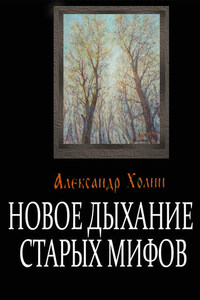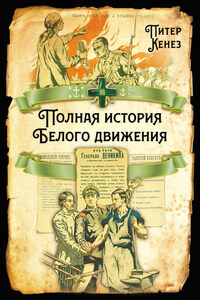In this volume, it has been the purpose of the author to present to children, through "Joel," as accurate a picture of the times of the Christ as has been given to older readers through "Ben Hur." With this in view, the customs of the private and public life of the Jews, the temple service with its sacerdotal rites, and the minute observances of the numerous holidays have been studied so carefully that the descriptions have passed the test of the most critical inspection. An eminent rabbi pronounces them correct in every detail.
While the story is that of an ordinary boy, living among shepherds and fishermen, it touches at every point the gospel narrative, making Joel, in a natural and interesting way, a witness to the miracles, the death, and the resurrection of the Nazarene.
It was with the deepest reverence that the task was undertaken, and the fact that the little book is accomplishing its mission is evinced not only by the approval accorded its first editions by so many, from Bible students to bishops, but by the boys and girls here and in distant lands.
IT was market day in Capernaum. Country people were coming in from the little villages among the hills of Galilee, with fresh butter and eggs. Fishermen held out great strings of shining perch and carp, just dipped up from the lake beside the town. Vine-dressers piled their baskets with tempting grapes, and boys lazily brushed the flies from the dishes of wild honey, that they had gone into the country before day-break to find.
A ten-year-old girl pushed her way through the crowded market-place, carrying her baby brother in her arms, and scolding another child, who clung to her skirts.
"Hurry, you little snail!" she said to him. "There's a camel caravan just stopped by the custom-house. Make haste, if you want to see it!"
Their bare feet picked their way quickly over the stones, down to the hot sand of the lake shore. The children crept close to the shaggy camels, curious to see what they carried in their huge packs. But before they were made to kneel, so that the custom-house officials could examine the loads, the boy gave an exclamation of surprise.
"Look, Jerusha! Look!" he cried, tugging at her skirts. "What's that?"
Farther down the line, came several men carrying litters. On each one was a man badly wounded, judging by the many bandages that wrapped him.
Jerusha pushed ahead to hear what had happened. One of the drivers was telling a tax-gatherer.
"In that last rocky gorge after leaving Samaria," said the man, "we were set upon by robbers. They swarmed down the cliffs, and fought as fiercely as eagles. These men, who were going on ahead, had much gold with them. They lost it all, and might have been killed, if we had not come up behind in such numbers. That poor fellow there can hardly live, I think, he was beaten so badly."
The children edged up closer to the motionless form on the litter. It was badly bruised and blood-stained, and looked already lifeless.
"Let's go, Jerusha," whispered the boy, whimpering and pulling at her hand. "I don't like to look at him."
With the heavy baby still in her arms, and the other child tagging after, she started slowly back towards the market-place.
"I'll tell you what we'll do," she exclaimed. "Let's go up and get the other children, and play robbers. We never did do that before. It will be lots of fun."
There was a cry of welcome as Jerusha appeared again in the market-place, where a crowd of children were playing tag, regardless of the men and beasts they bumped against. They were all younger than herself, and did not resent her important air when she called, "Come here! I know a better game than that!"
She told them what she had just seen and heard down at the beach, and drew such a vivid picture of the attack, that the children were ready for anything she might propose.
"Now we'll choose sides," she said. "I'll be a rich merchant coming up from Jerusalem with my family and servants, and the rest of you can be robbers. We'll go along with our goods, and you pounce out on us as we go by. You may take the baby as a prisoner if you like," she added, with a mischievous grin. "I'm tired of carrying him."
A boy sitting near by on a door-step, jumped up eagerly. "Let me play, too, Jerusha!" he cried. "I'll be one of the robbers. I know just the best places to hide!"
The girl paused an instant in her choosing to say impatiently, although not meaning to be unkind, "Oh, no, Joel! We do not want you. You're too lame to run. You can't play with us!"
The bright, eager look died out of the boy's face, and an angry light shone in his eyes. He pressed his lips together hard, and sat down again on the step.
There was a patter of many bare feet as the children raced away. Their voices sounded fainter and fainter, till they were lost entirely in the noise of the busy street.
Usually, Joel found plenty to amuse and interest him here. He liked to watch the sleepy donkeys with their loads of fresh fruit and vegetables. He liked to listen to the men as they cried their wares, or chatted over the bargains with their customers. There was always something new to be seen in the stalls and booths. There was always something new to be heard in the scraps of conversation that came to him where he sat.














